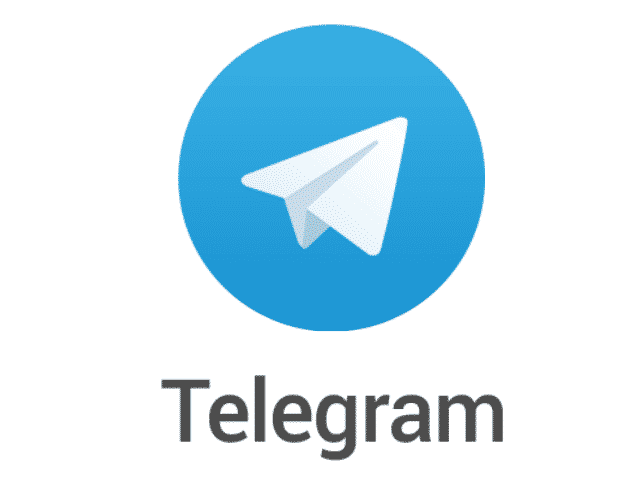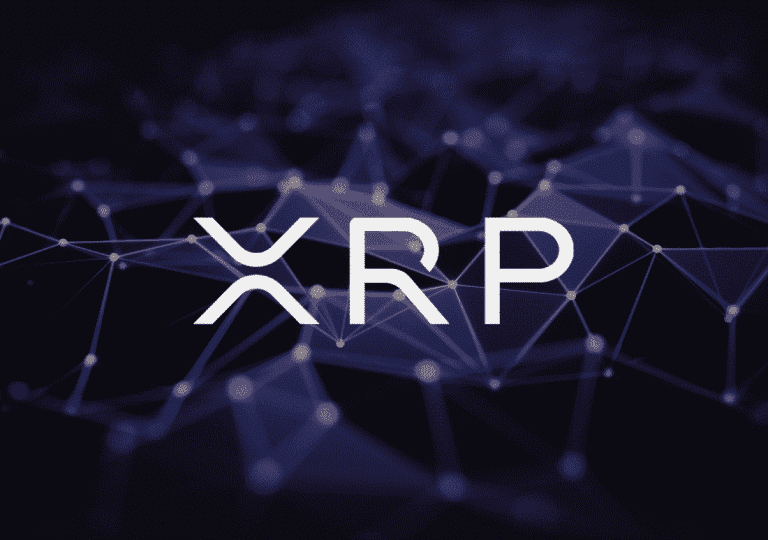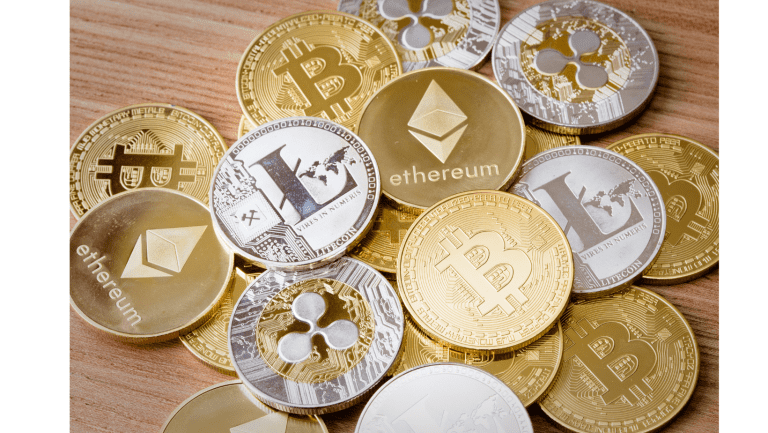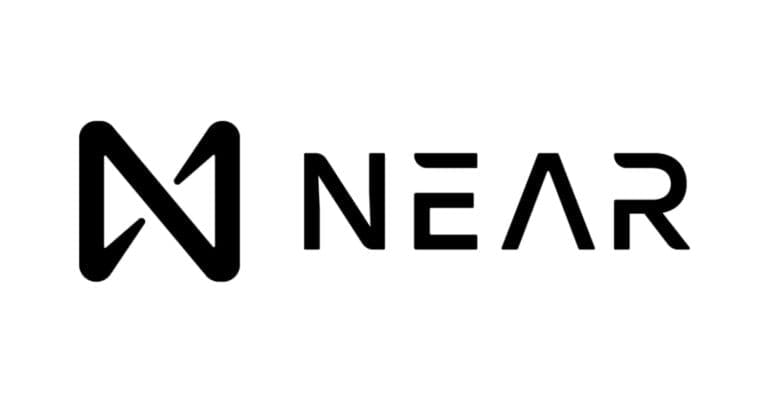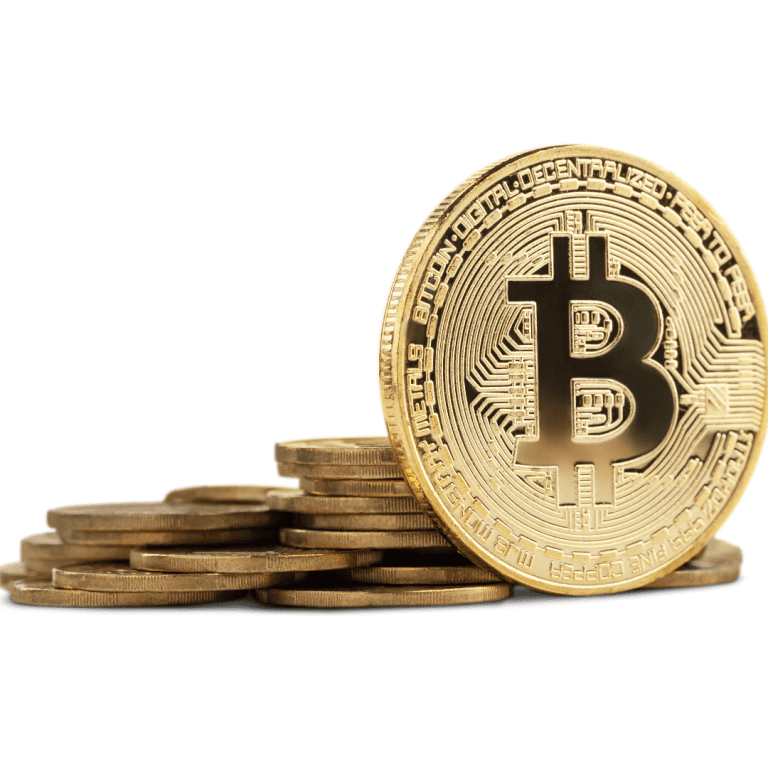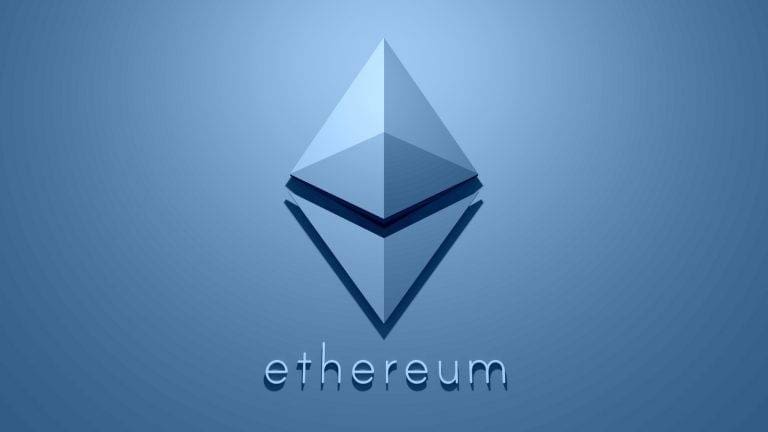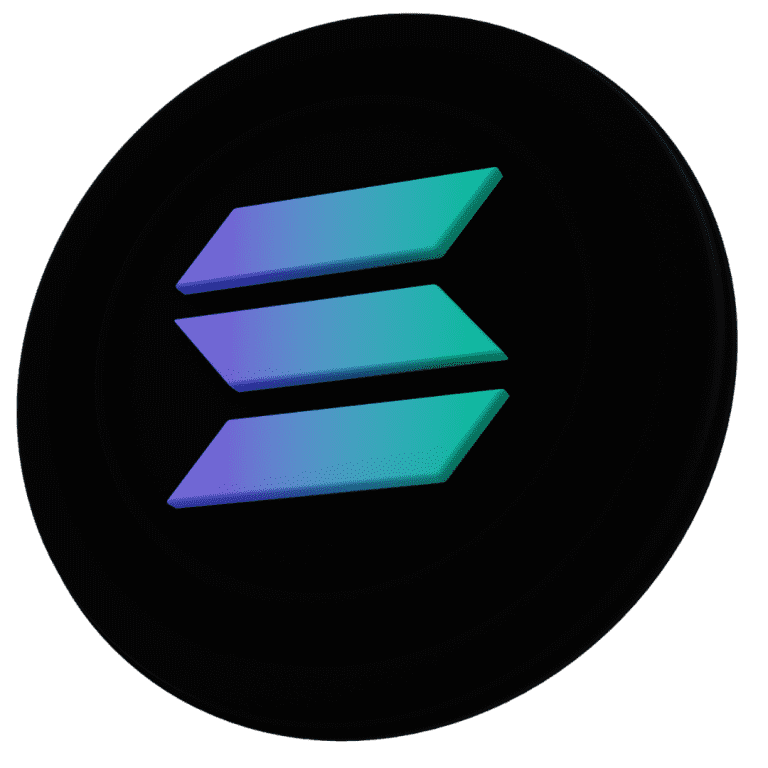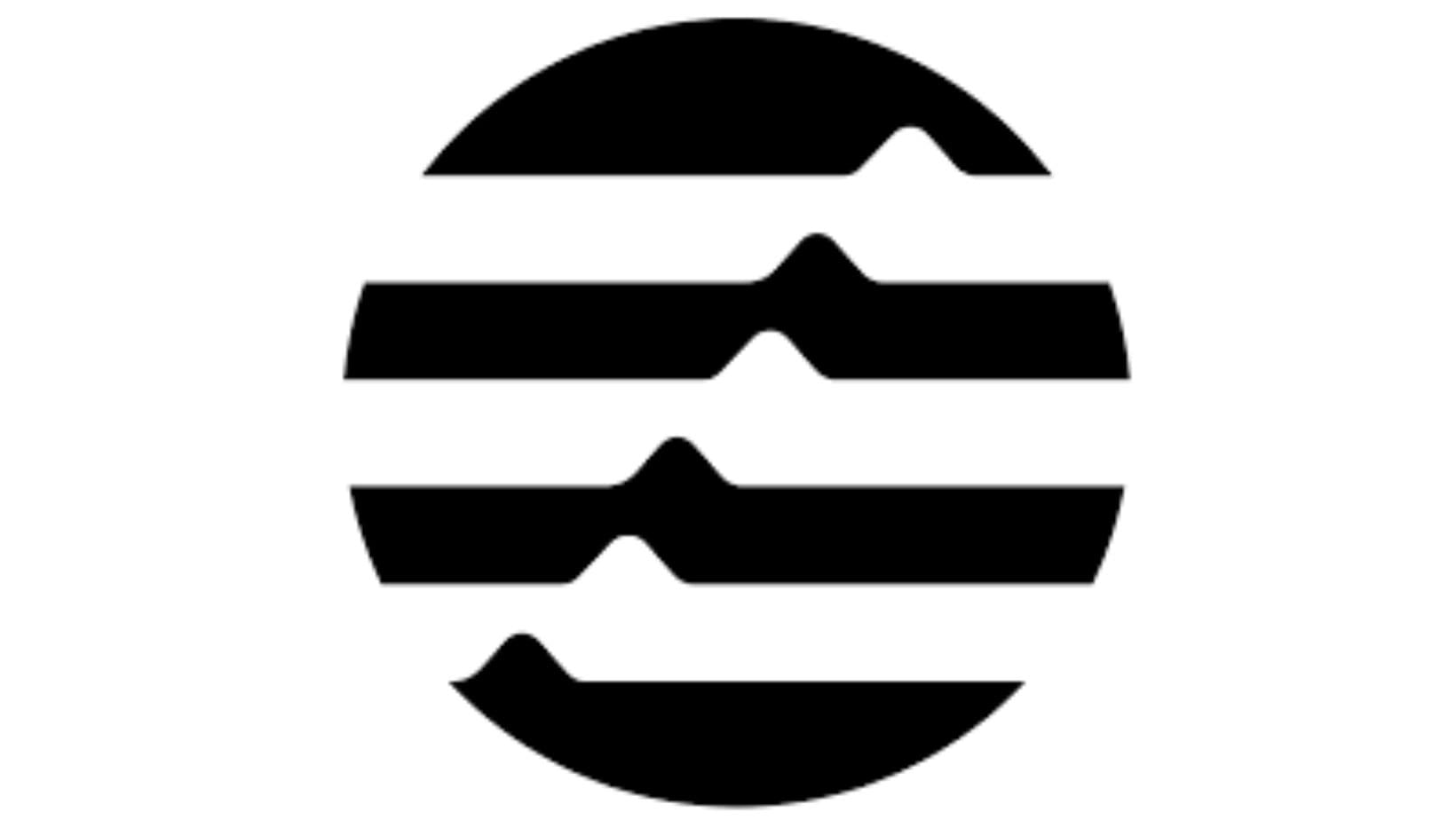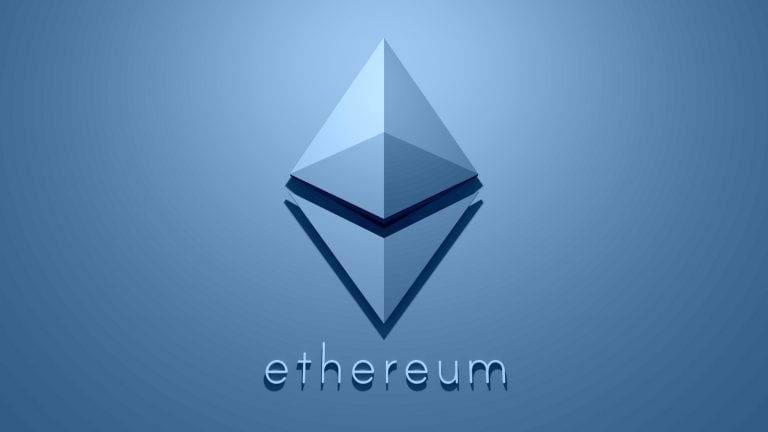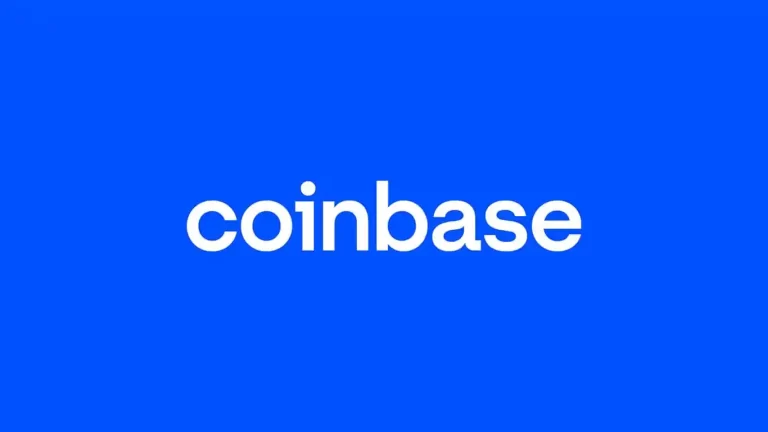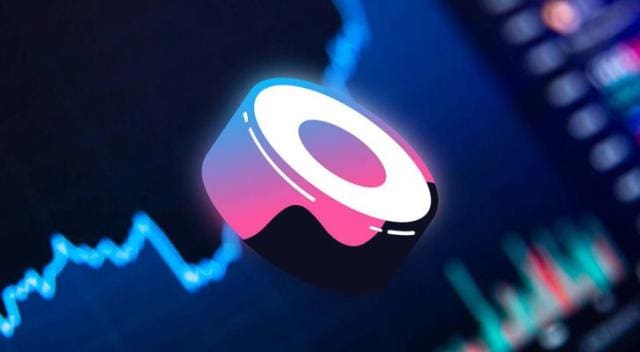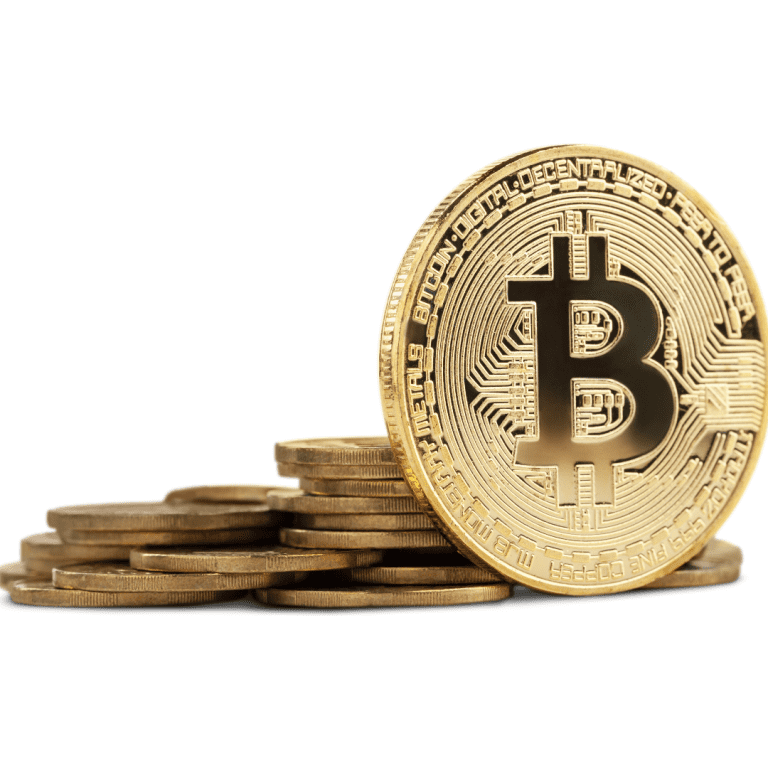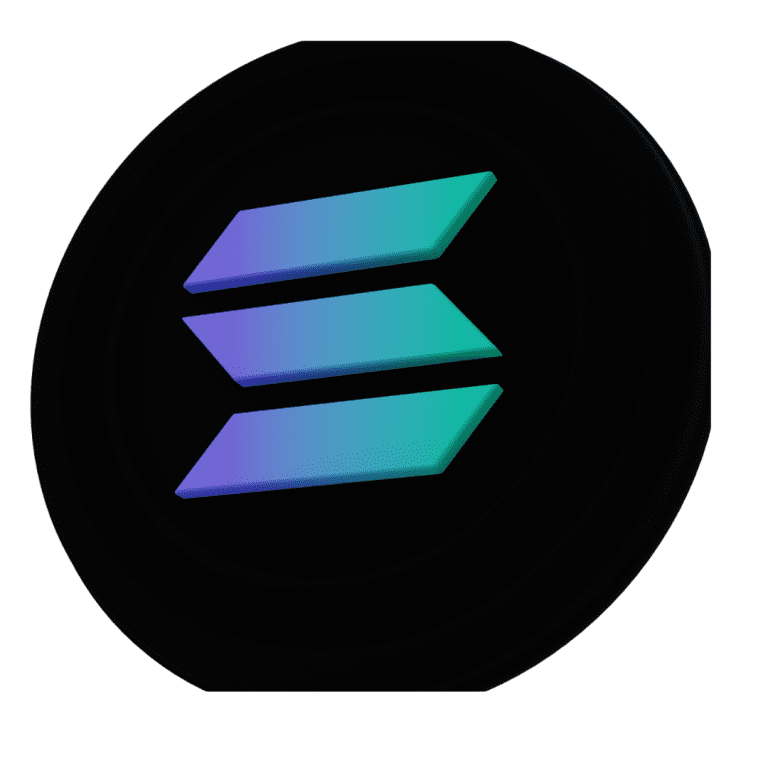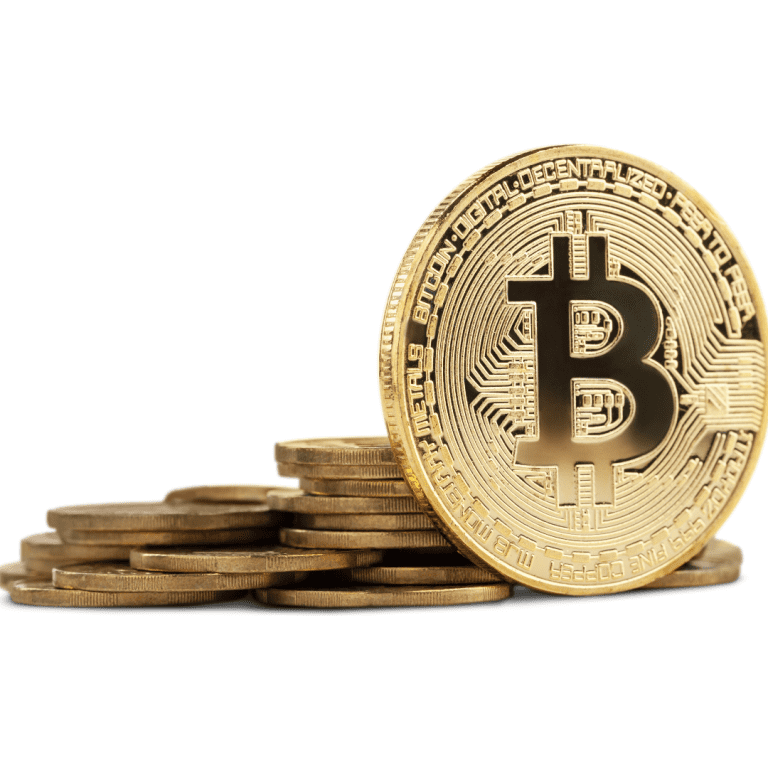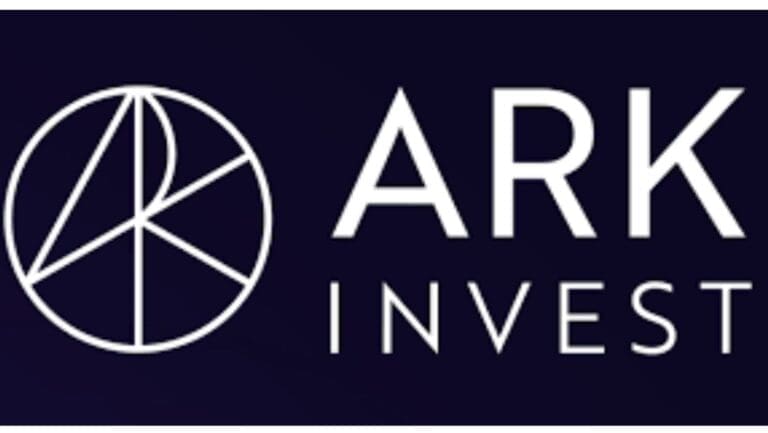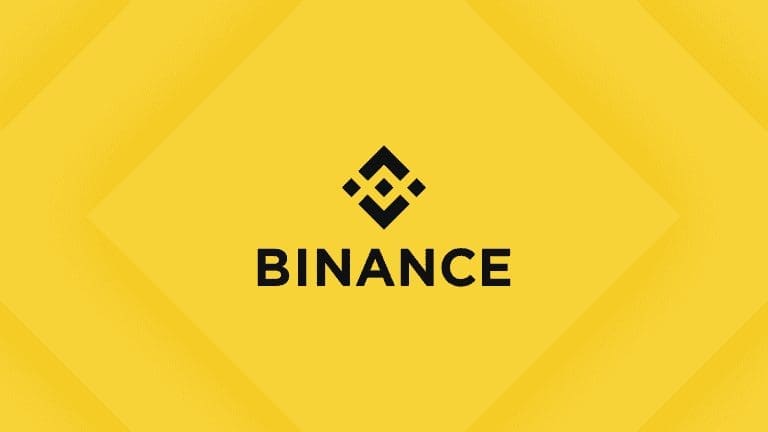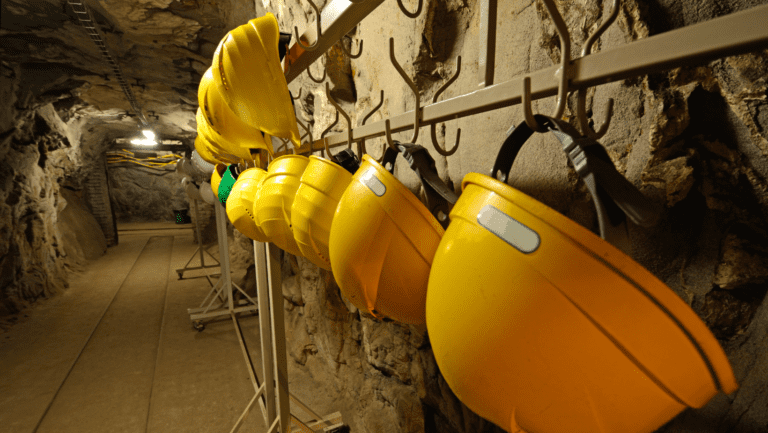TON’s recent global adoption appears to be rapidly increasing after raising $250 million(R 3.8bn) from a slew of mainstream entities including Huobi, Kucoin, and MEXC.
In 2018, the privacy-focused messaging platform Telegram announced that it was developing The Open Network, a blockchain-based decentralized computer network technology (TON).
However, following a lengthy legal battle with the US Securities and Exchange Commission over its $1.7 billion(R25.8bn) initial coin offering (ICO) that lasted until May 2020, Telegram was forced to sever ties with the project, leading many to believe that TON was doomed.
Having said that, the TON project appears to have found a new lease on life and is thriving, contrary to everyone’s expectations. To begin, the TON Foundation recently announced the selection of TONcoin.fund as its official ecosystem fund, securing an initial collective commitment of approximately $250 million(R 3.8bn) from major industry firms such as Huobi Incubator, KuCoin Ventures, MEXC Pioneer Fund, 3Commas Capital, blockchain startup Orbs, and TON Miners.
According to reports, TONcoin.fund will collaborate with the TON Foundation to deploy the aforementioned sum of money to explore a wide range of opportunities within the nonfungible token (NFT), Web3 and decentralized finance (DeFi) spaces, as well as for the incubation and development of various novel programs, grants, hackathons, and more. Benjamin Rameau, managing partner of TONcoin.fund, stated on the subject:
“TON may become the first blockchain network accessible to millions of users as a result of the community’s Telegram integration efforts via in-app bots […] TON will be more than just the blockchain that people use on Telegram; it will define people’s online identities and serve as a link between all of their Web3 and Web2 activities.”
Even after terminating its involvement with TON a few years ago, Telegram founder Pavel Durov has publicly expressed his support for the project, particularly during Q4 2021, when Telegram announced that it was integrating TON’s payment solution into its existing user interface.
It is also worth noting that the TONcoin fundraiser takes place on the same day that a number of African countries, including Cameroon, the Democratic Republic of the Congo (DRC), and the Republic of the Congo, announced plans to use TON’s proof-of-stake (PoS) blockchain to drive their future economic progress. At this point, reports indicate that the DRC is considering issuing a multipurpose national stable coin based on the TON blockchain.
TON Foundation representative stated that the company is currently in “advanced level talks” with several governments across Africa, in addition to the three countries listed above. He continued, saying:
“The goal of these collaborations is to make cryptocurrency and blockchain-based solutions more accessible to them on the TON blockchain.” This is a key component of their plans to propel future economic growth. The representative also stated that the Democratic Republic of the Congo’s minister for the digital economy, Désiré Cashmir Eberande Kolongele, is planning to launch a national stable coin on the TON blockchain, democratizing access to the nation’s financial system, where millions of citizens remain unbanked. Kolongele was quoted as saying in this regard:
“TON is the obvious choice as we boldly enter the world of cryptocurrency and blockchain due to our ability to integrate applications with the Telegram platform and reach mobile users.”
The long-term goal of these moves is for TON to potentially integrate with Telegram, allowing users across Africa to facilitate payments with the touch of a button, all while allowing people living in these regions to tap into the burgeoning DeFi system.
Is asymmetric information to blame for crypto’s wild price swings?
The TON network has continued to set new all-time highs as well as meet many of the milestones outlined in its roadmap over the last few months. According to a TON spokesperson, the total number of wallet addresses on the TON blockchain has more than doubled since the beginning of the year, recently surpassing the 400,000 mark.
Last month, the project finalized its token standard known as “Jetton,” attracting an increasing number of investors — both retail and institutional — to the project. To date, Bit.com, a crypto exchange led by fintech firm Matrixport and managing $10 billion(R 152bn) in assets, has announced a strategic partnership with TON to develop, enhance, and expand the project’s existing infrastructure.
The future appears to be promising.
A growing number of prominent cryptocurrency projects have made inroads into Africa in recent years. Cardano, for example, has been very active in the region in recent years, with company founder Charles Hoskinson stating in a recent interview that he expects more than 100 million users from the continent to enter the DeFi sector within the next three years.
Likewise, projects such as Ethereum, Stellar, and Celo are vying to shape Africa’s rapidly evolving Web3 economy. For example, the Ethereum Foundation recently committed significant financial resources to a 6 million Kenyan farmer insurance program.
The Stellar Development Foundation has announced a number of initiatives, including a collaboration with African unicorn Flutterwave to launch new Europe-Africa remittance corridors, an investment in a Nigerian remittance platform, and a $30 million( R 455m) matching fund, which has invested in Afriex, a remittance app that allows users to send and receive funds from Nigeria, Ghana, Kenya, Canada, and the United States.
In this context, TON’s continued forging of long-term, strategic partnerships with prominent African nations has the potential to transform the company into a widely used blockchain project. In fact, Cameroon’s minister of Posts and Telecommunications, Minette Libom Li Likeng, believes that TON can completely transform his country’s payment landscape while promoting financial inclusion on a scale never seen before in the region.
Similarly, Léon Juste Ibombo, Congolese Minister of Posts, Telecommunications, and the Digital Economy, believes that TON can be an “invaluable, practical instrument for the growth and creation of wealth” in his country, both at the government and grassroots levels. Moving forward, it will be interesting to see how TONs use cases evolve and whether the project can establish itself as a market leader within the global blockchain ecosystem.


